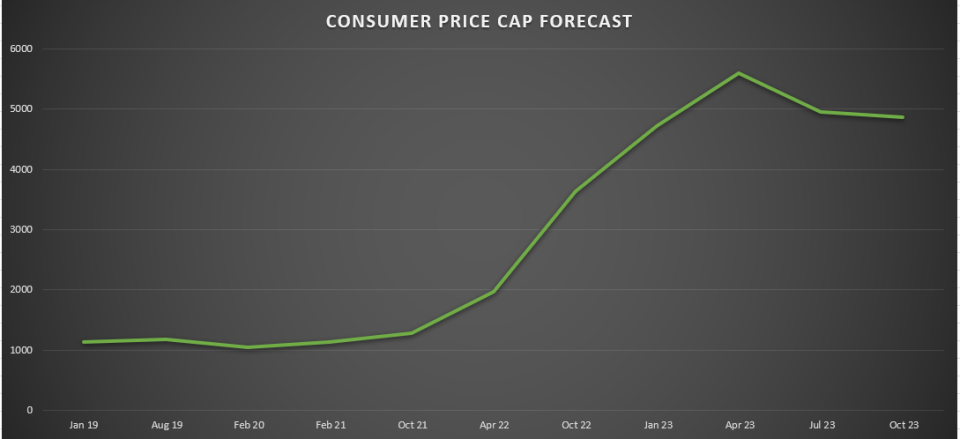Price cap in need of urgent reform following energy bill hike

Energy specialist Cornwall Insight has reignited calls for the energy price cap to be reformed, following the latest hike in household energy bills this winter.
Ofgem has announced the cap will rise from £1,971 per year to £3,549 per year in October, an 80 per cent increase which could drag tens of millions of Brits into fuel poverty.
Dr Craig Lowrey, senior consultant at Cornwall Insight highlighted that the cap was never intended to contain wholesale costs for energy users, and was created in different market conditions to ensure long-term customers weren’t overcharged to fund low deals for switchers.
Instead of a cap, he called for targeted protections for vulnerable energy users.
He said: “We urge, as we have done previously, for the cap to be reviewed and mechanisms for protecting the most vulnerable, such as social tariffs, to be considered as viable alternatives.”
Cornwall Insight is not alone in criticising the price cap.
Tory MP John Penrose – who first proposed the cap in Parliament – has confirmed on social media he no longer considers it fit for purpose either.
It has also been criticised by a range of energy bosses including Greg Jackson, chief executive at Octopus Energy, who favours a relative price cap.
Throughout the energy crisis, the Government and Ofgem have both remained committed to the energy price cap, and kept faith its ability to shield consumers from a volatile energy market.
This is despite the collapse of nearly 30 suppliers in the past 12 months, hit with the lethal combination of soaring wholesale costs and the constraints of the price cap, alongside poor hedging strategies and management.
Cornwall Insight has predicted the price cap will continue to rise next year, peaking at an alarming £6,616 per year in April.

This will put the next Prime Minister, widely expected to be current Foreign Secretary Liz Truss, under immense pressure to provide more help to households when they arrive at Downing Street on 5 September.
Dr Lowrey argued there were several methods that could be explored to further protect households including a review and expansion of the current support package of at least £400 per household.
“However, all of these are temporary solutions and must be accompanied by a focus on implementing a viable long-term solution,” he concluded.